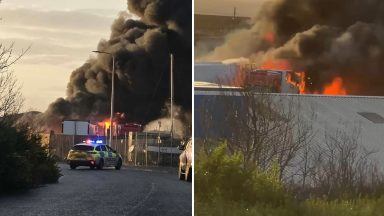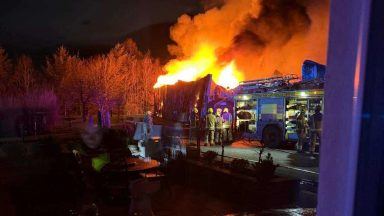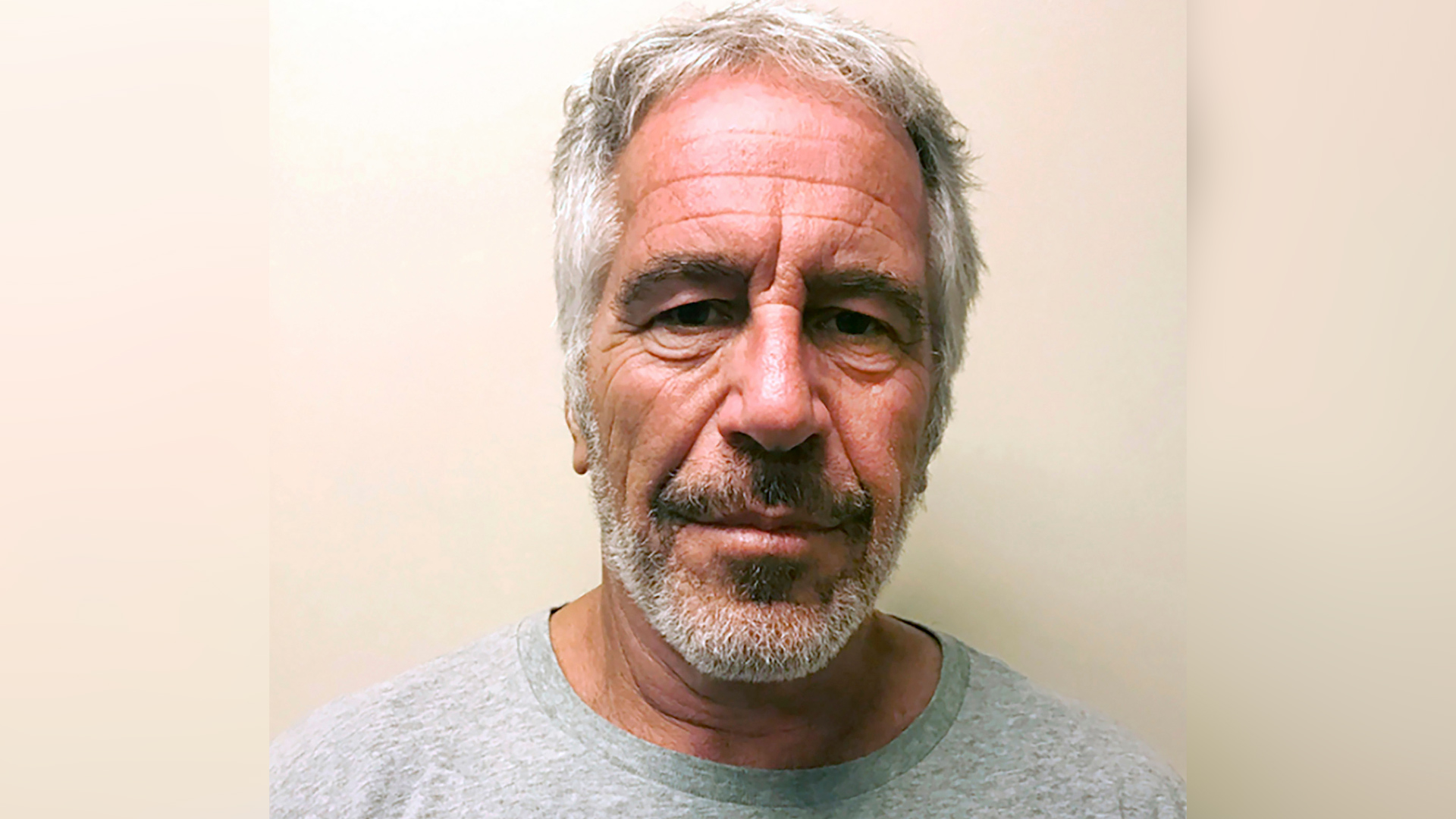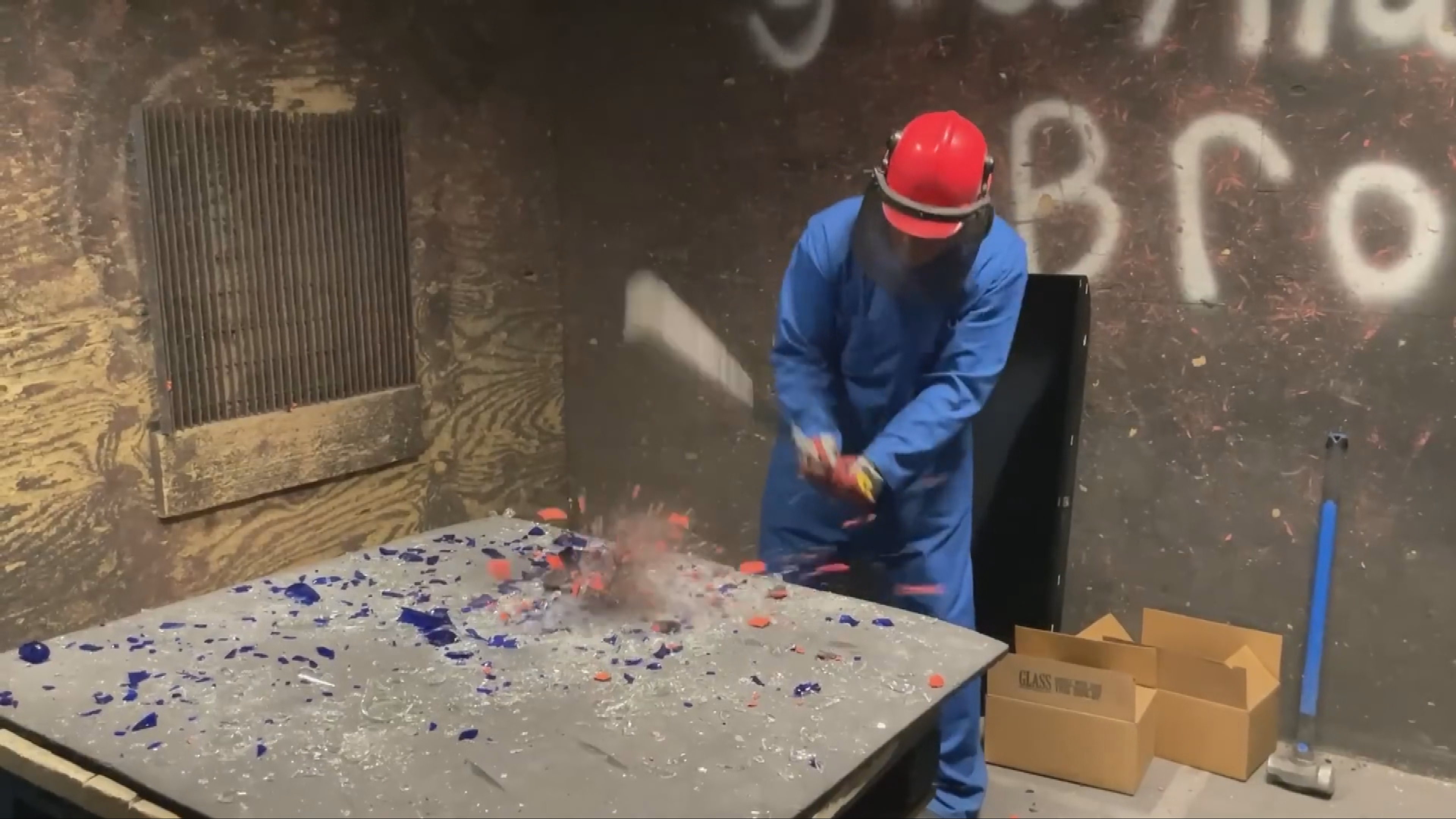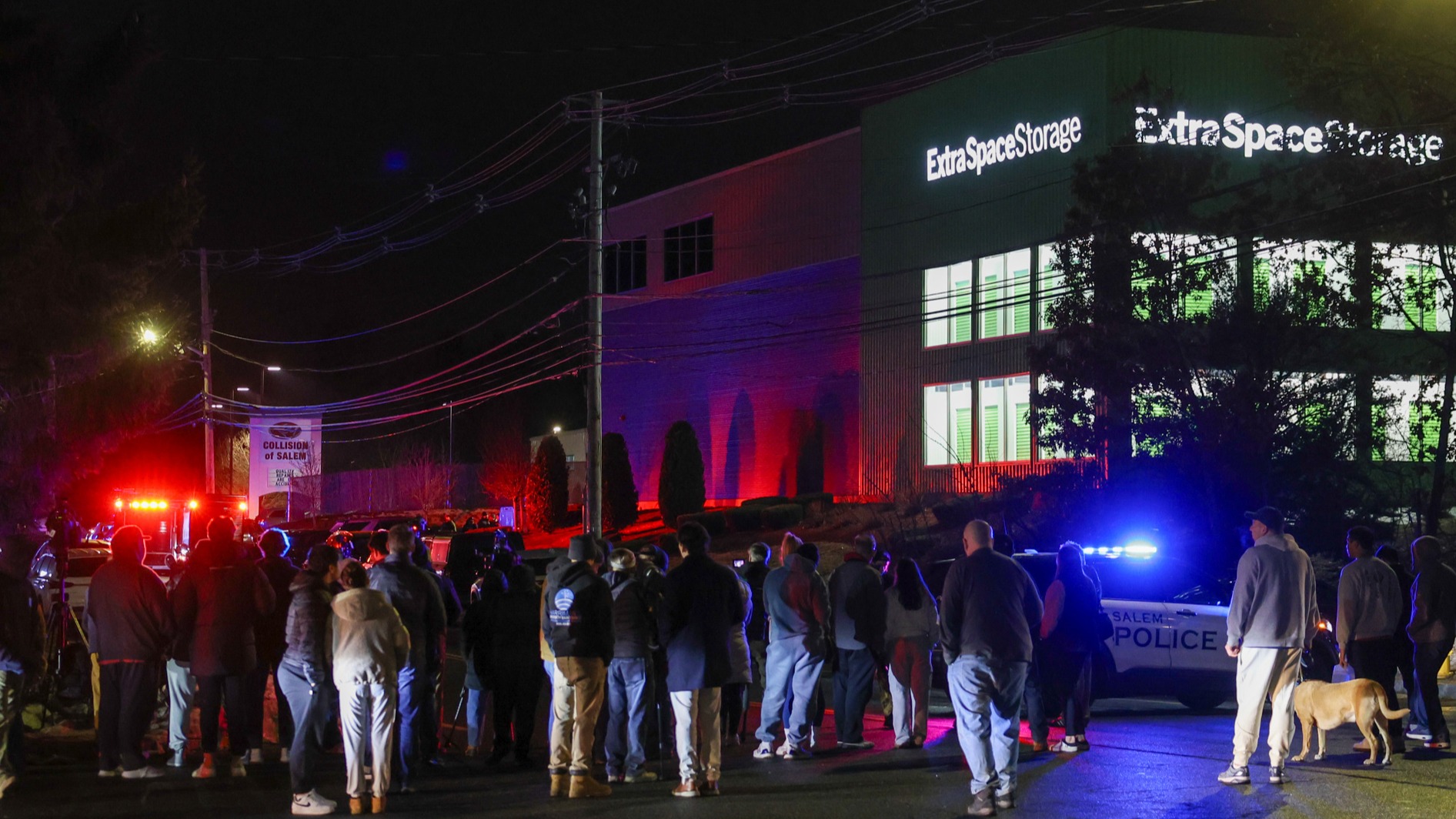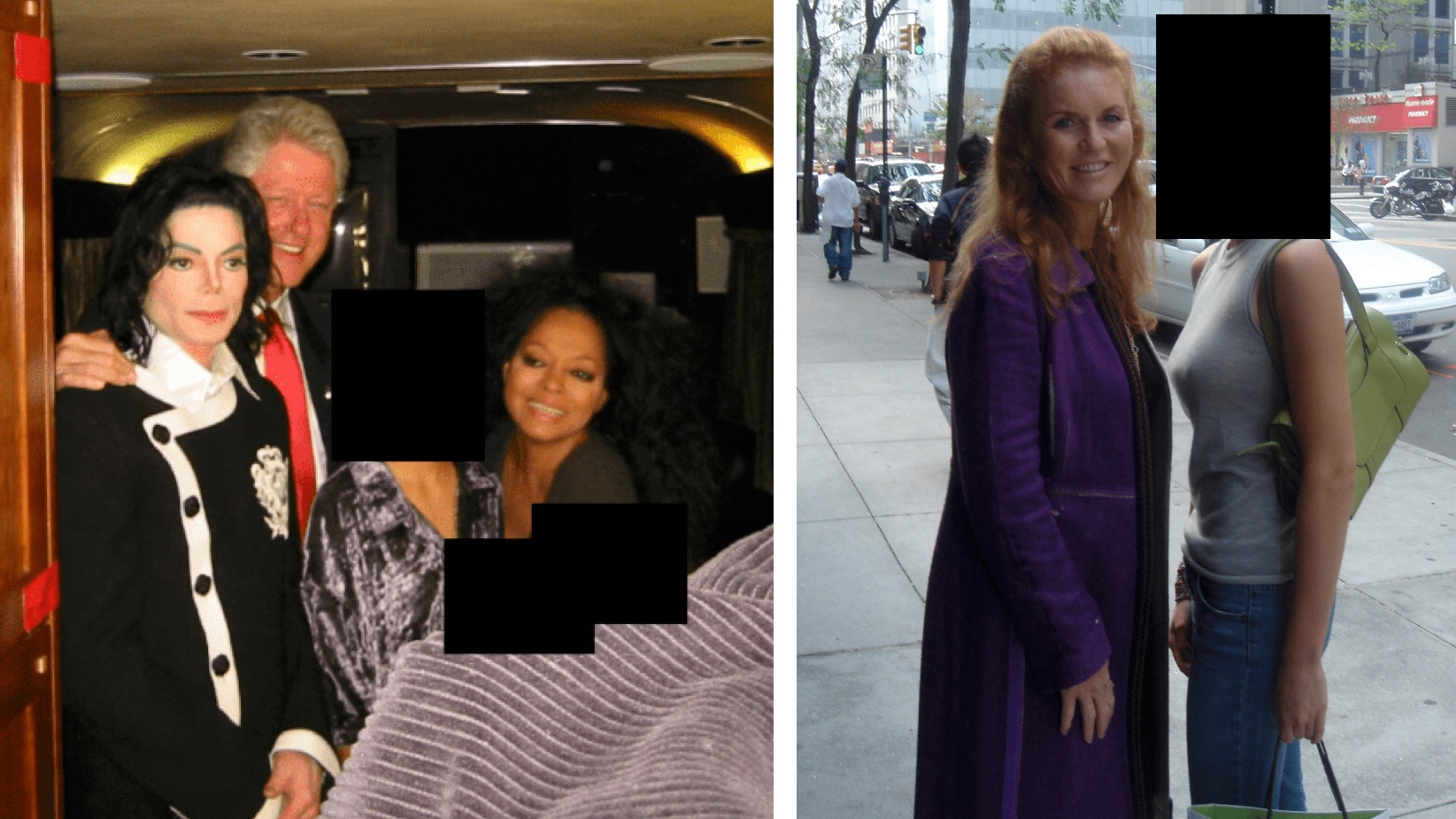Twenty-one soldiers have been killed in the Gaza Strip in the deadliest attack on Israel’s forces since the October 7 Hamas raid that triggered the war, the military has said.
Israeli prime minister Benjamin Netanyahu has vowed to press ahead until Israel crushes the ruling Hamas militant group and wins the freedom of over 100 hostages held captive in Gaza.
But Israelis are increasingly divided on the question of whether it is possible to do either, and large numbers of Israeli casualties have pressured Israel’s government to halt past military operations.
The attack is a major setback that could add to mounting calls for a ceasefire.
A senior Egyptian official said Israel had proposed a two-month ceasefire in which the hostages would be freed in exchange for the release of Palestinians imprisoned by Israel and top Hamas leaders in Gaza would be allowed to relocate to other countries.
The official, who spoke on condition of anonymity, said Hamas rejected the proposal and was insisting that no more hostages would be released until Israel ended its offensive and withdrew from Gaza. Israel’s government declined to comment on the talks.
The official said Egypt and Qatar, who have brokered past agreements between Israel and Hamas, were developing a multistage proposal to try and bridge the gaps.
On Monday, Israeli reservists were preparing explosives to demolish two buildings in central Gaza when a militant fired a rocket-propelled grenade at a tank nearby. The blast triggered the explosives, causing both two-storey buildings to collapse on the soldiers inside.
Defence minister Yoav Gallant said it was a “difficult and painful morning,” but that Israel was committed to pressing ahead.
“This war will determine the future of Israel for decades to come, and the fall of soldiers is a requirement to achieve the goals of the war,” he wrote on X, formerly known as Twitter.
Families of the hostages and many of their supporters have called for Israel to reach a ceasefire deal, saying that time is running out to bring the hostages home alive.
On Monday, dozens of hostages’ relatives stormed a parliamentary committee meeting, demanding a deal to win their loved ones’ release.
Israel launched its offensive after Hamas crossed the border October 7, killed over 1,200 people and abducted some 250 others.
More than 100 were released in November in exchange for a week-long ceasefire and the release of 240 Palestinians imprisoned by Israel.
The offensive has caused widespread destruction, displaced an estimated 85% of Gaza’s population and left over 25,000 Palestinians dead, according to health officials in the Hamas-run territory.
The United Nations and international aid agencies say the fighting has caused a humanitarian disaster, with a quarter of Gaza’s 2.3 million people facing starvation.
The war has heightened regional tensions, with Iran-backed groups in Lebanon, Syria, Iraq and Yemen attacking United States and Israeli targets in support of Palestinians.
The US and Britain launched another wave of strikes on Monday against the Houthi rebels in Yemen, who have targeted international shipping in the Red Sea in what they portray as a blockade of Israel.
Follow STV News on WhatsApp
Scan the QR code on your mobile device for all the latest news from around the country


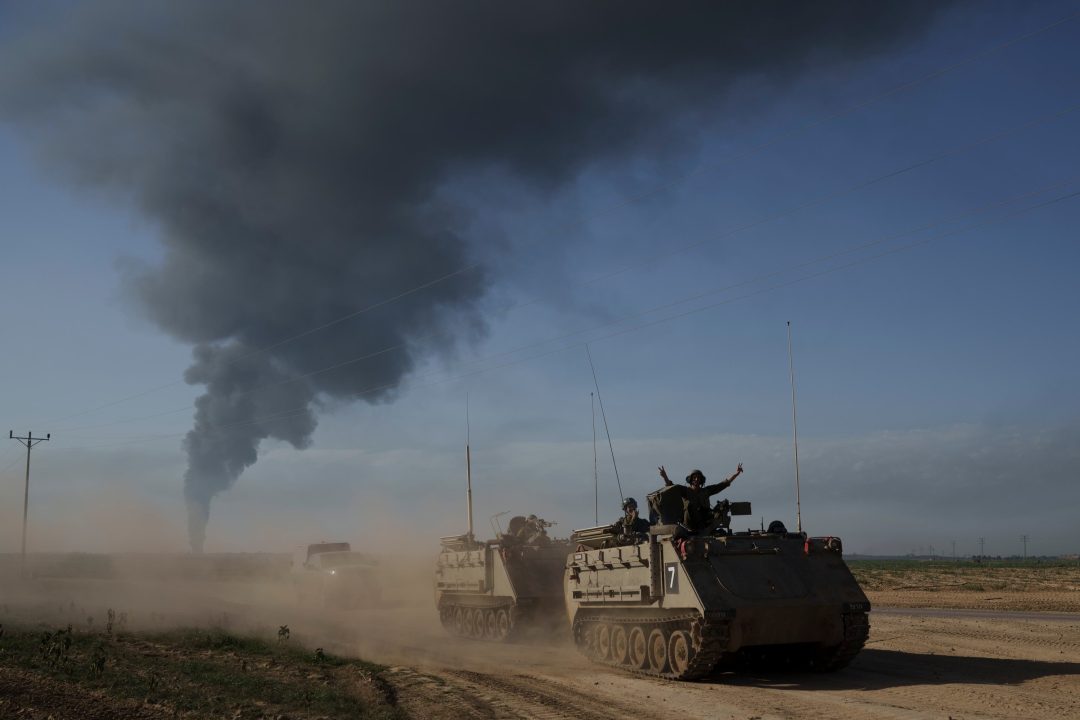 PA Media
PA Media

